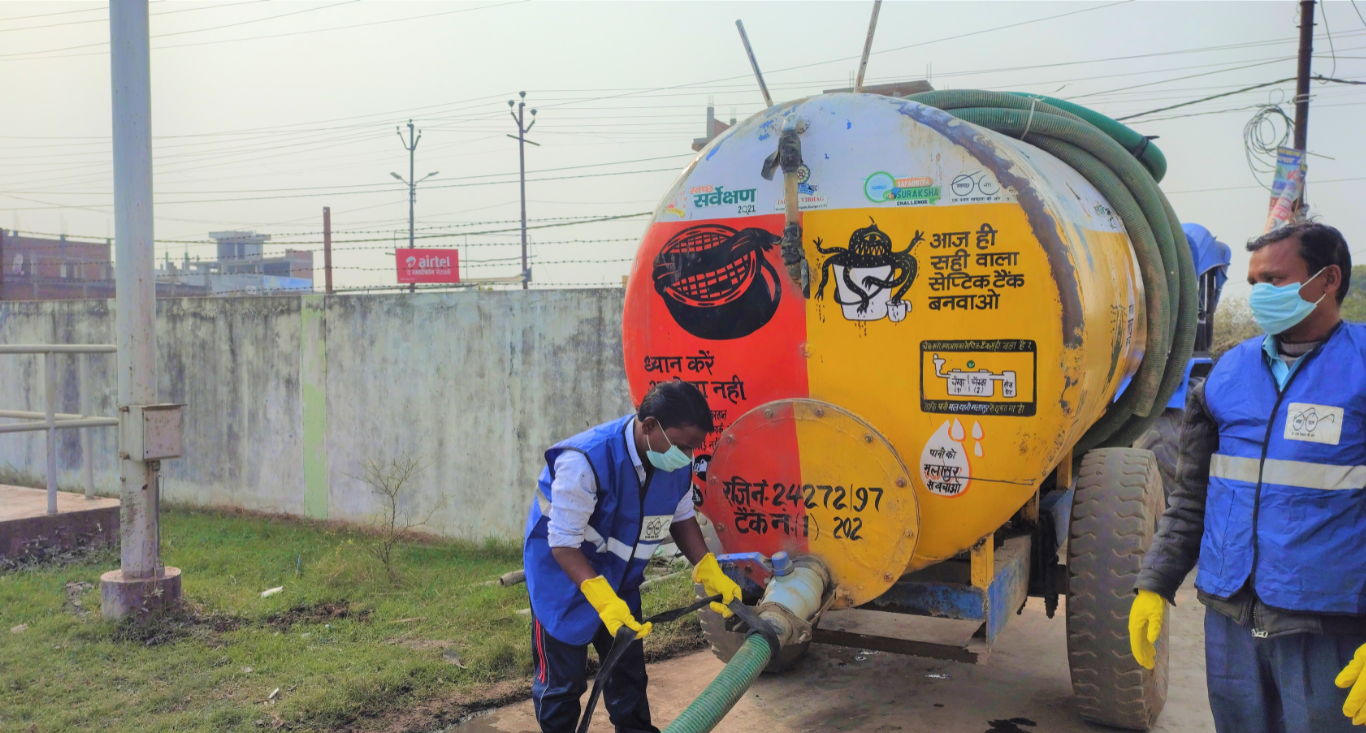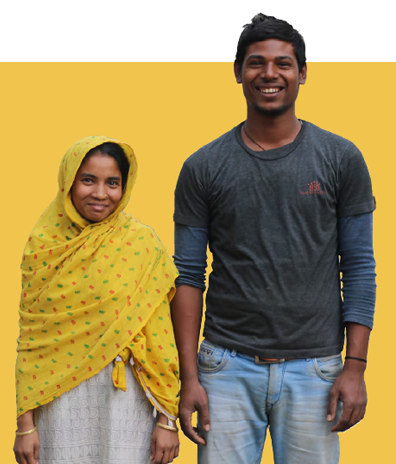The WASH model promotes sustained access to clean water, sanitation, and hygiene. In India, six percent of the population lacks improved sanitation, and 15 percent still defecate in the open. https://water.org/our-impact/where-we-work/india/
In Lucknow, PSI India and Lucknow Nagar Nigam are implementing the Swachh Uday project across 26 wards to improve water access, strengthen sewer and fecal sludge management, and promote household waste segregation aligned with the Swachh Bharat Mission (SBM) norms of the Government of India.
Under the After the Flush (ATF) project in Uttar Pradesh and Madhya Pradesh, PSI India established 24 sewage treatment or pumping stations to safely dispose of fecal sludge. The project supported the Lucknow Nagar Nigam, Kanpur Nagar Nigam and Pithampur Municipal Council, in reviving the Faecal Sludge Management Helpline cum Call Centre (14420), which has emerged as a widely used customer helpline for sanitation and water-related issues. As a result, a more than 3,711% increase in safe faecal sludge disposal was reported across Lucknow, Kanpur, and Pithampur.
PSI India piloted the Supporting Sustainable Sanitation Improvements (3SI) project in Bihar to assess household toilet demand. In phase two of 3SI PSI India strengthened linkages between sanitation enterprises and value chain players to boost demand and toilet sales. Around 137,970 households were mobilized to purchase toilets from 234 partner enterprises, supported by 21,000 MFI-sanctioned sanitation loans.
In Andhra Pradesh, Savera project helped reach 0.31 million households across 1,372 villages in Chittoor district, increasing consistent toilet use from 22% to 50%.




